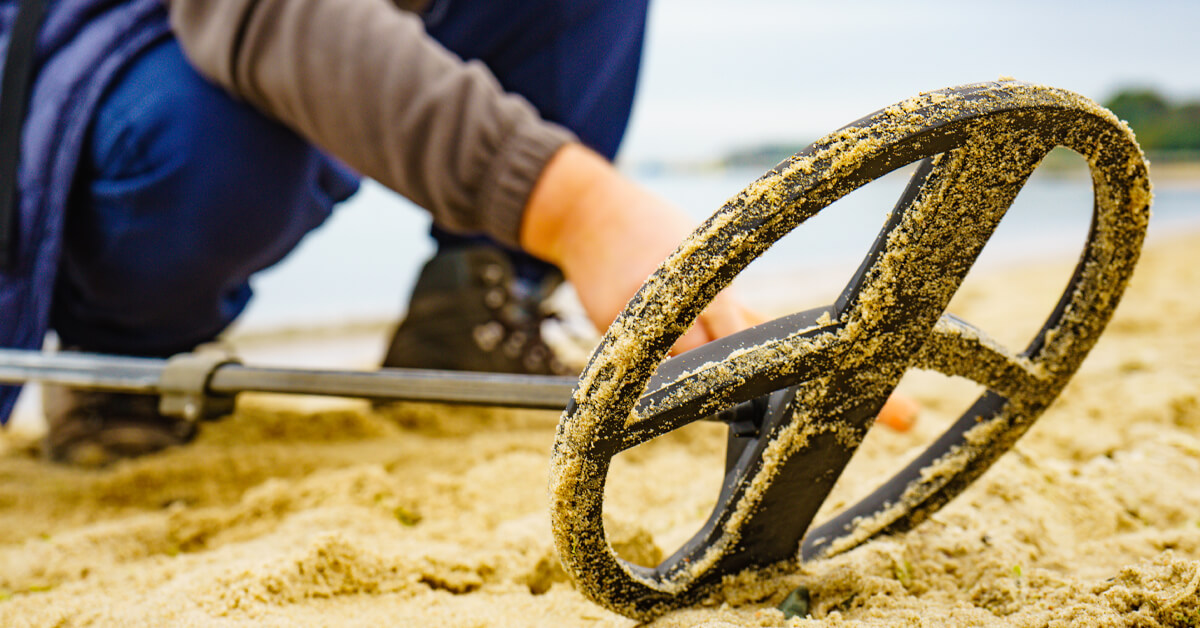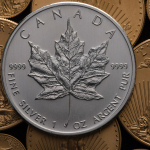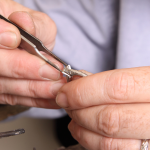Metal detecting can be a rewarding experience in multiple ways for hobbyists. For one, the possibility of finding something extraordinary adds to the allure of the process. Additionally, there’s always the chance of finding something of value under the ground. At the very least, using a metal detector gives users a fantastic excuse to get outside.
Unfortunately, there are misconceptions and myths about metal detectors that prevent people from using them. Today, we’ll dive into a few of these myths and attempt to debunk them with the hope that you’ll dust off the detector in your closet and use it to its full potential.
But first…
Manage Your Expectations
Whether you’re just starting your metal detecting journey or if you’ve been in the game for a while, it’s critical to remember that patience is key. Few hobbyists find items of significant value, and for the ones that do, it may take years of exploring. Metal detecting is best suited to individuals who are patient, live in the moment, and enjoy the process. If you keep this in mind and set lower expectations, even small finds will feel rewarding.
Myth #1: You Need a Very Expensive Metal Detector to Find Anything
Perhaps the biggest misconception about metal detecting is that you need an expensive device to have a chance at finding anything of value. There are more important factors than the price of the metal detector that influence results. It’s important to consider the location you’re detecting and whether there are reasons it could be a rewarding site. Soil composition, trash, technique, and undergrowth can impact results regardless of a location’s potential yield.
Equally important is not the metal detector’s price point, but how the coils are configured. Smaller coils are more sensitive to detecting metal but come with the drawback of not penetrating as deeply into the ground. Conversely, larger coils may penetrate more deeply but are less sensitive to different types of metal objects.
Various companies sell detectors with both large and small coils in different configurations. Price points vary widely, but this should not be considered a barrier to entry. Plenty of hobbyists discover finds with low-cost detectors when the location and soil composition are suited to the detector’s settings. You can learn more about how metal detectors work here.
Myth #2: There’s Nowhere to Metal Detect
While it’s true that both private and public land usually require prior approval to go prospecting, there are plenty of locations and strategies you can employ to metal detect to your heart’s desire. Your best bet is to speak with friends and family and get approval to search their property. If you’ve exhausted your list of contacts and have reason to believe a particular site holds value on private or public land, check with the owner or the city for approval. Finally, many state beaches, like those in Florida, are open for metal detectorists to search without a permit, and finds are allowed to be kept.
Myth #3: Metal Detecting Only Finds Trash
One frequent pain point preventing detectorists from getting outside is that they tend to find a lot of trash. To mitigate this, we recommend thinking outside of the box and not prospecting on land that has a long history of litter.
Remember, there is no such thing as a perfect metal detector. Most metal detectors factor in both the size and conductivity of an object to determine what it may be. Depending on your detector’s settings, a large piece of iron trash may read the same as a smaller piece of gold jewelry. In most cases, we recommend digging every signal you find, doing thorough research on your prospecting location beforehand, and adjusting your detector’s discrimination settings as needed.
Have a precious metal you discovered that you’d like to sell?
Manhattan Gold & Silver can assay, weigh, and pay you on the spot should you decide to sell your lot. We always guarantee a fair price for objects and alloys that may contain gold, silver, platinum, rhodium, or palladium based on the current London market fixing.
If you have any questions or would like to sell your precious metal discoveries, get in touch with us today by phone or using our online contact form.












